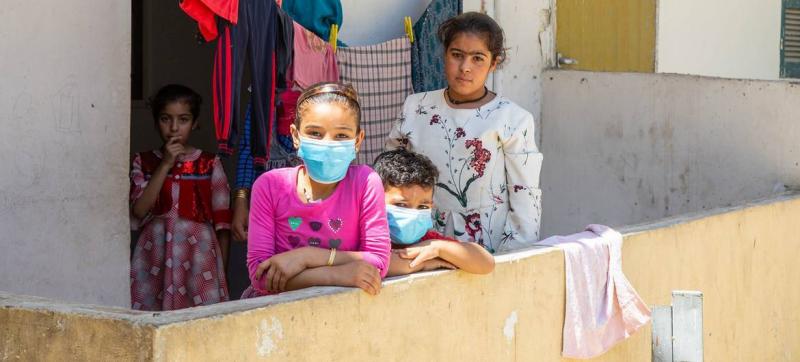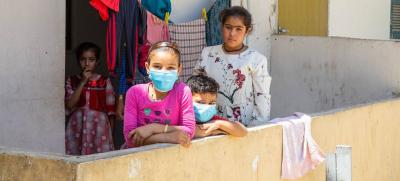A study released today by the United Nations Economic and Social Commission for Western Asia (ESCWA), titled "Multidimensional Poverty in Lebanon: A Harsh Reality and Uncertain Prospects," highlighted a significant escalation of poverty in Lebanon within just one year, affecting nearly 74% of the total population. When broader dimensions beyond income are considered, such as health, education, and public services, the percentage of those living in multidimensional poverty rises to 82% of the population.
ESCWA's statement noted that this study comes a year after ESCWA released its estimates on the rise of poverty rates in Lebanon in 2020, indicating that around 55% of the population was affected, up from 28% in 2019. Today, ESCWA publishes a new update to the data, estimating that the rate of people suffering from multidimensional poverty has nearly doubled between 2019 and 2021, from 42% to 82%.
In light of this reality, ESCWA Executive Secretary Rola Dashti reiterated the call for establishing a national social solidarity fund to alleviate the burden of the humanitarian crisis. She mentioned that in 2020, ESCWA estimated that the wealthiest decile of Lebanese, who owned wealth nearing $91 billion at the time, could cover the cost of eradicating poverty through annual contributions not exceeding 1% of their wealth.
The study mentions that the intertwined shocks of the exchange rate, which had been stable since the beginning of the century, have generated immense pressures, leading to a currency devaluation and a staggering inflation rate of 281% from June 2019 to June this year. Consequently, the living standards of both Lebanese and non-Lebanese residents have declined, amplifying deprivation.
According to the study, extreme multidimensional poverty—defined as deprivation in two or more dimensions of poverty—currently affects 34% of the population, with some areas in Lebanon seeing over half of the residents impacted. Given that all segments of society are equally suffering from the unprecedented economic and social crisis in the country, the rate of poor individuals with the highest educational attainment is now comparable to that of those with the lowest levels of education. The study also finds that the percentage of households deprived of healthcare has risen to 33%, and the proportion of families unable to access medication exceeds half.
Dashti emphasized the importance of solidarity and cooperation among all components of Lebanese society to mitigate the repercussions of the crisis. She called for effective social protection plans that better meet the needs of the poor, especially those experiencing extreme multidimensional poverty, and urged the expansion of these plans to include the unemployed.
It is noteworthy that with the evolution of development approaches and the availability of detailed data, the concept of poverty has expanded to encompass all aspects of living conditions and various types of deprivation beyond income. This new concept is known as "multidimensional poverty," which is measured by assessing deprivation across six essential dimensions: education, health, public services, housing, assets and property, and employment and income.




